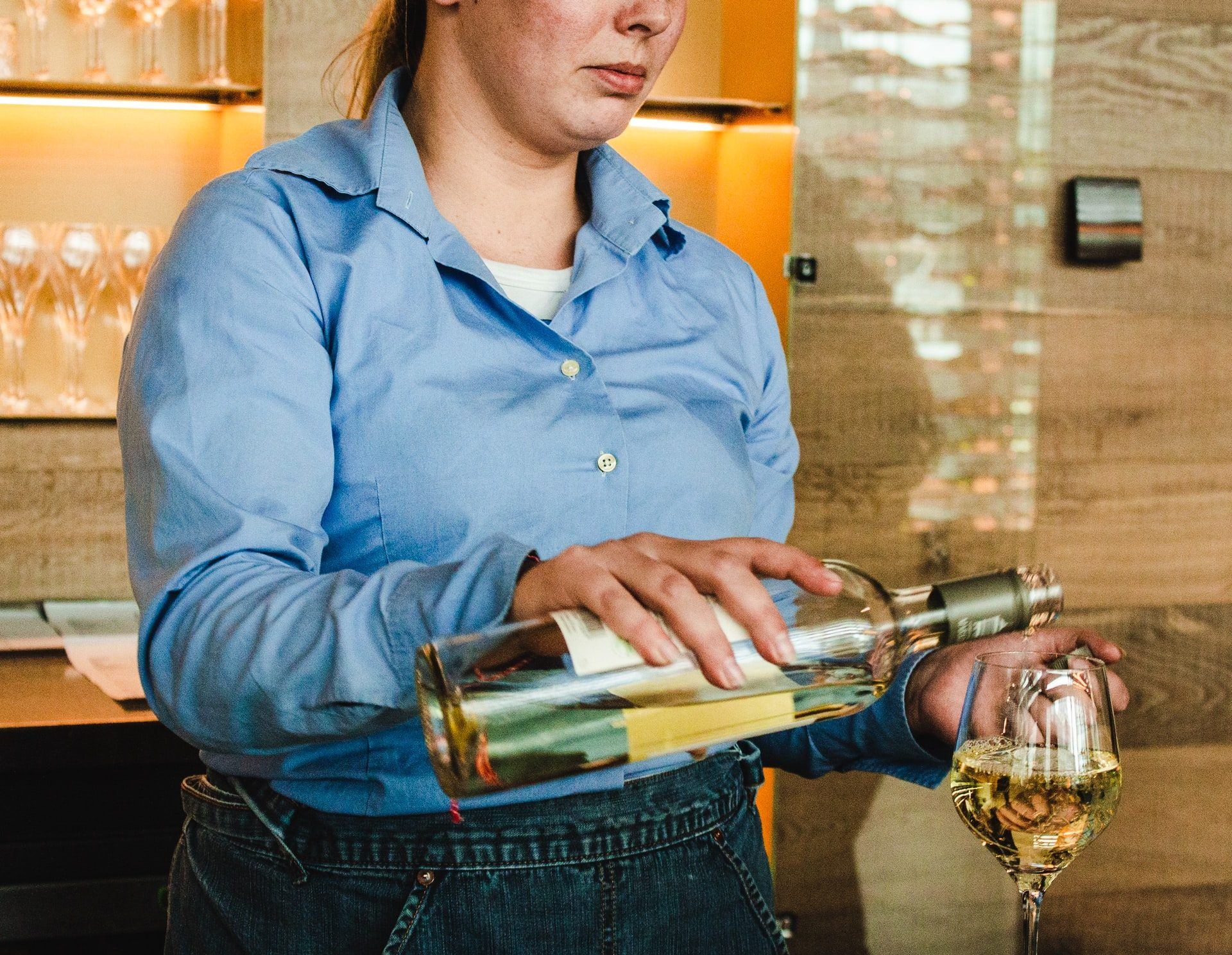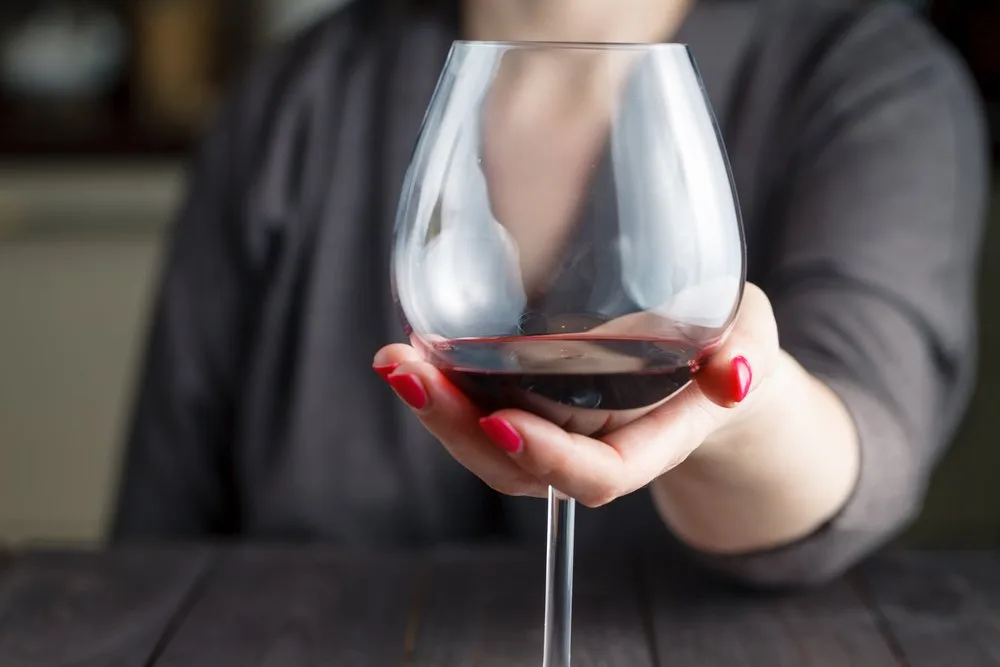Alcohol Abuse and Substance Abuse Can Both Wreak Havoc On Your Appearance.
From the reddened nose of the lifelong drinker to the dental complications triggered by meth mouth, from the chapped lips of the crack addict to the sallow, aged skin of the heroin user, substance abuse makes you look older and turns you into a diminished version of your former self.
Does It Hold True That Sobriety Is Also An Anti-Aging Exercise?
Well, your biological age is calculated using biomarkers of aging. Age-related changes account for both your chronological age and also the predictors of age-related diseases manifesting. In addition to the ruinous effects on your physical appearance, substance abuse triggers the early onset of multiple age-related diseases, including:
- Cardiovascular disease
- Liver disease
- Kidney disease
When you commit to sustained sobriety after a period of substance abuse, though, you can put a stop to at least some of these aging effects.

Photo by Louis Hansel on Unsplash
How Do Alcohol and Substance Abuse Contribute To Aging?
The study mentioned above published in Current Opinion in Behavioral Sciences shows that substance abuse can accelerate aging by impacting the following areas:
- Cardiovascular issues including bacterial infections, abnormal heart rate, and heart attacks
- Lung damage, bronchitis, and emphysema
- Respiratory disorders
- Compromised immune system
- Disruption of the circadian rhythms, disrupting sleep cycles
- Heightened sensitivity to stress
- Cellular damage to the dopamine system in the brain
- Circulation disorders
- Inflammation in the brain and nervous tissue
With so many adverse outcomes triggered by substance abuse, aging among them, take heart in the fact you can minimize serious health conditions and arrest some signs of premature aging when you commit to sobriety.
5 Ways Sobriety Can Be Anti-Aging
- Your skin will start regenerating
- By improving the quality and quantity of your sleep in sobriety, you could notice that you look younger
- Staying properly hydrated can make your skin look plumper and younger
- Exercising daily and eating healthily can counter signs of premature aging
- Quitting drinking can minimize oxidative stress in your body
Your Skin Will Start Regenerating
For anyone suffering from alcohol use disorder – and that’s 14.1 million adults in the United States, according to 2019 NSDUH data – one of the most devastating physical effects is on the complexion.

Photo by michael schaffler on Unsplash
This study outlines how alcohol can impact the skin in the following ways:
- Triggering a deficiency in vitamin A6, associated with collagen reproduction and cell regeneration and vital for youthful skin
- Enlarging the blood vessels, reddening and aging the appearance of your skin while worsening the skin tone
- Dehydrating the skin, leading to the early onset of wrinkles
- Leading to liver disease, responsible for skin conditions like jaundice and spider angioma
Cutting back on your alcohol intake or quitting drinking completely can give your skin the breathing space to regenerate. Even if not all of the damage caused can be reversed, you’ll certainly notice a dramatic improvement in skin tone and appearance when you’re no longer drinking.
By Improving The Quality and Quantity Of Your Sleep In Sobriety, You Could Notice That You Look Younger
Alcohol and drugs of abuse can disrupt your sleep patterns.
While many people drink alcohol for its perceived relaxant effects, alcohol abuse can reduce the amount of REM (rapid eye movement) sleep you achieve. Conversely, sobriety and a regular sleep schedule can help you recalibrate your sleep patterns.
Sleep deprivation was linked to aging skin in this study, although the study was commissioned by skincare specialist, Estee Lauder.
As you leave drink and drugs behind and push ahead with sustained recovery, you’ll find both the quality and quantity of your sleep improves. As this happens, the results will be visible in your skin and general wellbeing, leading to you appearing younger and sprightlier.
Staying Properly Hydrated Can Make Your Skin Look Plumper and Younger
Both drugs and alcohol dehydrate your system. Alcohol is a diuretic, meaning you need to drink more water to nourish and replenish your body.
Drug use can also trigger dehydration, and some common medications are dehydrating, too.
Water in your skin helps you to look younger and better, so even if you haven’t yet stopped using drinks or drugs, compensate by drinking more water.

Photo by Nathan Cowley from Pexels
Exercising Daily and Eating Healthily Can Counter Signs Of Premature Aging
If you’re carrying excess weight – particularly when this accumulates around the waist and the jawline – this can add years to your appearance.
By using your recovery as the platform to make sensible lifestyle changes, you can ensure you’re within a healthy weight range for your height and age, and you can achieve this more easily than you might imagine by limiting processed foods, unhealthy fats, and sugars while eating healthy whole foods, fruits, and veggies. Incorporate thirty minutes of cardiovascular exercise into your daily routine, and you can help keep those signs of aging at bay.
Quitting Drinking Can Minimize Oxidative Stress In Your Body
If you have been grappling with alcohol use disorder long-term, you’ll overwork your liver. With your liver working so hard to process high volumes of alcohol from your body, it will create more free radicals than the antioxidants in your body can deal with. Studies show oxidative stress is a key contributory factor to aging.

If You’re Unsure About Committing To Sobriety, Try A 30-day Break
If you have been grappling with alcohol use disorder long-term, you’ll overwork your liver. With your liver working so hard to process high volumes of alcohol from your body, it will create more free radicals than the antioxidants in your body can deal with. Studies show oxidative stress is a key contributory factor to aging.
If You’re Unsure About Committing To Sobriety, Try A 30-day Break
Maybe you’re questioning your relationship with alcohol, but you’re unsure whether you can commit to sustained sobriety.
Why not try taking a month-long break from drinking or using drugs if you’re still undecided about whether or not you need to consider heading to a treatment center?
Whatever approach you take, moderation, temporary sobriety, or ongoing recovery, abstaining from substance use will deliver many benefits, including making you look younger.

References
Is biological aging accelerated in drug addiction?
Keren Bachi, Salvador Sierra, Nora D. Volkow, Rita Z. Goldstein, and Nelly Alia-Klein, PhD
https://www.ncbi.nlm.nih.gov/pmc/articles/PMC5068223/
Substance Use and Associated Health Conditions throughout the Lifespan
Marya T. Schulte, PhD and Yih-Ing Hser, PhD
https://www.ncbi.nlm.nih.gov/pmc/articles/PMC5373082/
2019 National Survey of Drug Use and Health (NSDUH)
https://www.samhsa.gov/data/release/2019-national-survey-drug-use-and-health-nsduh-releases
The effects of alcohol and drug abuse on the skin
Stephanie W Liu , Mary H Lien, Neil Alan Fenske
Sleep Disturbance in Substance Use Disorders
Timothy A Roehrs, Ph.D., Senior Bioscientist, Professor, and Thomas Roth, Ph.D., Senior Bioscientist, Professor
Sleep deprivation linked to aging skin
University Hospitals Case Medical Center, Elma Baron, MD
https://www.sciencedaily.com/releases/2013/07/130723155002.htm
Alcohol Consumption and Obesity: An Update
Gregory Traversy and Jean-Philippe Chaput
https://www.ncbi.nlm.nih.gov/pmc/articles/PMC4338356/
Oxidative Stress, Mitochondrial Dysfunction, and Aging
Hang Cui, Yahui Kong, and Hong Zhang
https://www.ncbi.nlm.nih.gov/pmc/articles/PMC3184498/
Who Is The Author?
Joe Gilmore
 Is a creator on behalf of Renaissance Recovery, a drug and alcohol rehab in Orange County dedicated to helping clients kick their substance abuse habit and establish long-lasting sobriety.
Is a creator on behalf of Renaissance Recovery, a drug and alcohol rehab in Orange County dedicated to helping clients kick their substance abuse habit and establish long-lasting sobriety.



![women [longevity live]](https://longevitylive.com/wp-content/uploads/2020/01/photo-of-women-walking-down-the-street-1116984-100x100.jpg)










